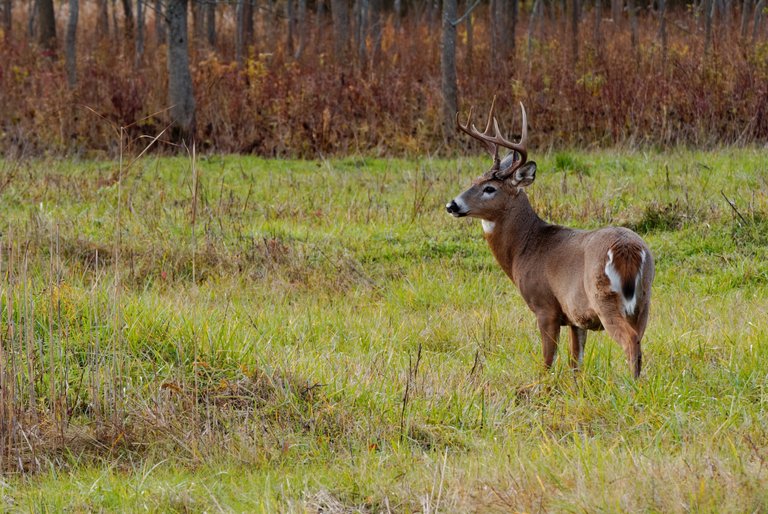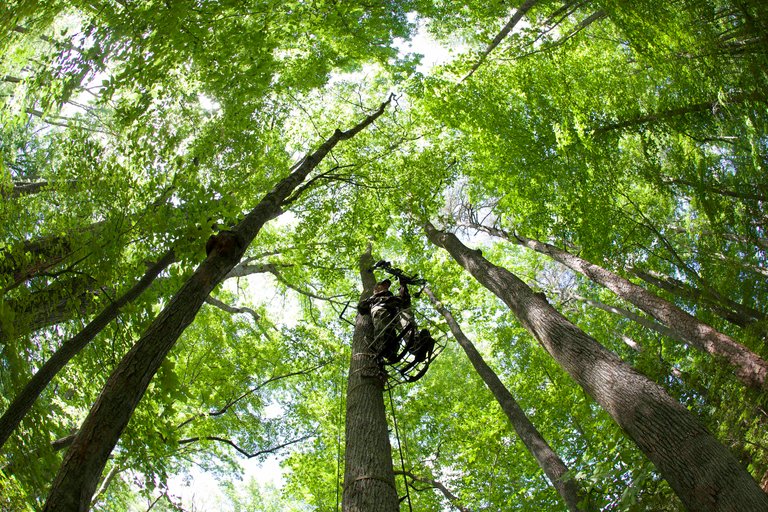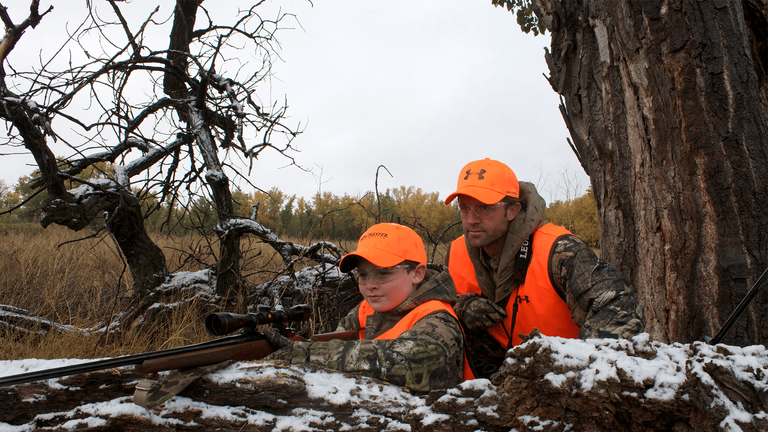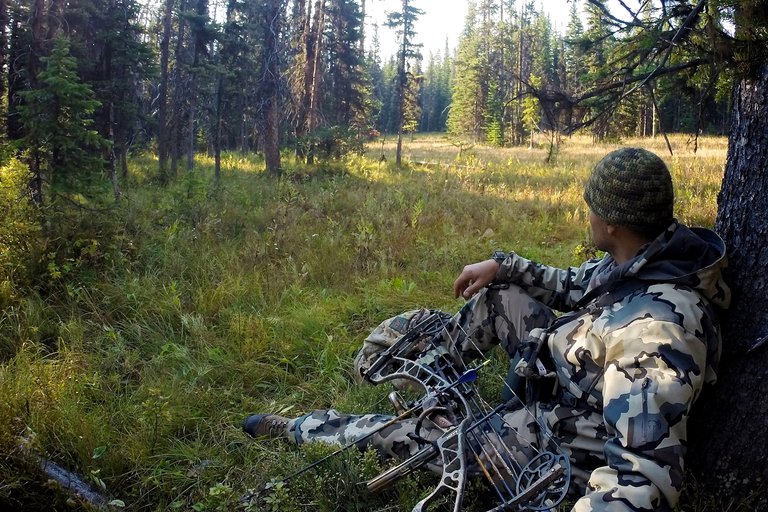Why Ethical Hunting Is the Ultimate Organic Food Source for Locavores
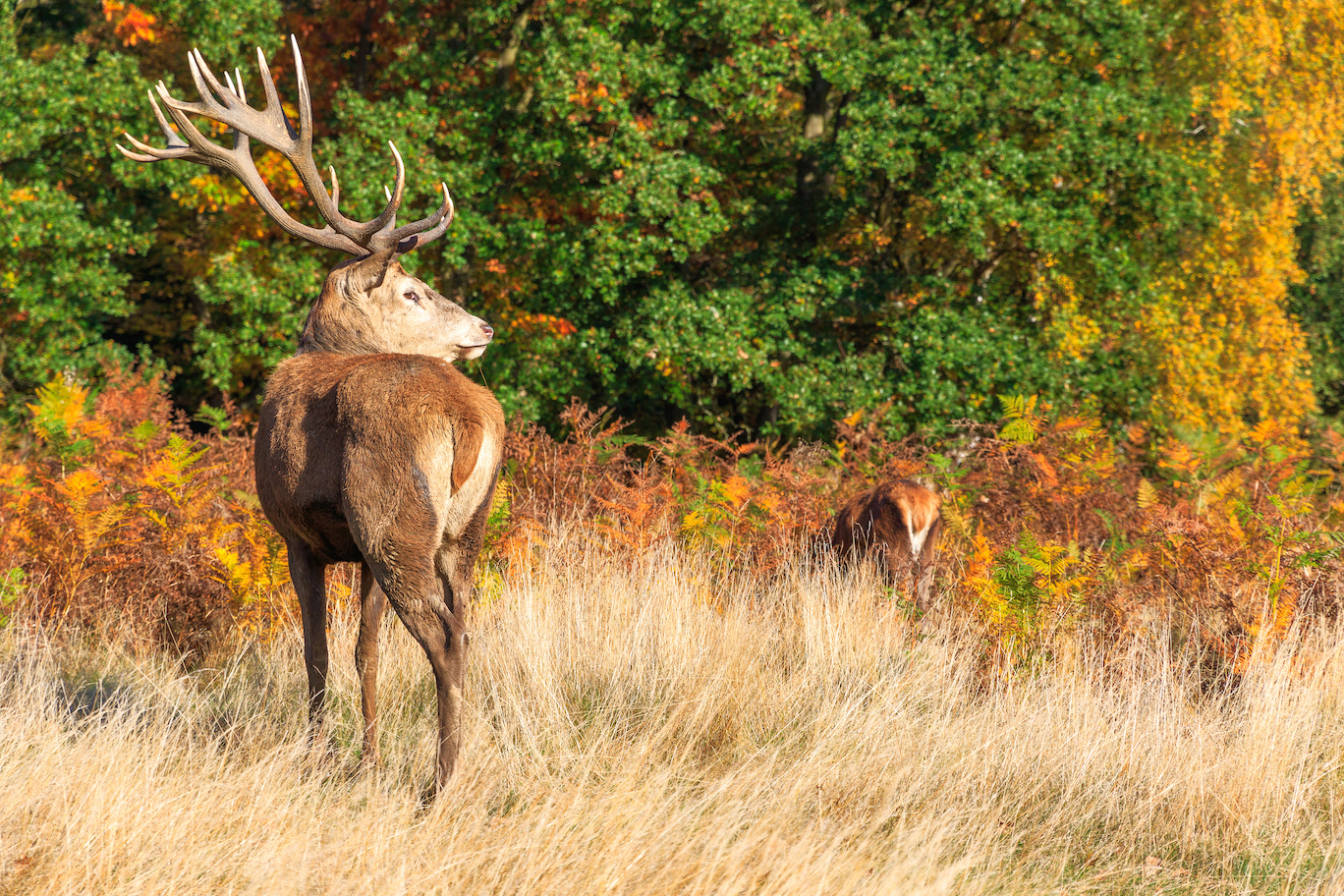
Developing a sustainable lifestyle and eating truly organic, “farm-to-table” food has been a growing trend since the term "locavore" was first popularized back in 2005 by Jessica Prentice, Dede Sampson, and Sage Van Wing. There is an interesting alignment between the original locavore movement and hunting that should resonate with most hunters. Similar to the original conservationists, the hunting community recognizes both the importance of actively trying to protect the environment and being more aware of where their own food comes from. New hunters inherently know that they must cultivate their skills of growing and harvesting their own food in a sustainable and ethical manner in order to survive. As a result, many non-hunters have turned to hunting as their source for organic meat rather than rely on industry and trying to navigate competing definitions of what “organic” really means.
The fundamentals of ethical hunting are the backbone of a sustainable lifestyle.
The fundamentals of ethical hunting are the backbone of a sustainable lifestyle and the key to a truly organic meat source. But what are these fundamentals? Well, they can be categorized as preparation, respect, conservation and fair chase, or simply, The Hunter’s Code, which comprises 10 core beliefs or promises that all ethical hunters should make and keep. However, for every hunter—old or new—the day will come when their dedication to The Hunter’s Code is tested. If, and only if, the hunter passes this “test,” can they then consider themselves a true and ethical hunter.
The Fundamentals of the Hunt
A prepared hunter knows which firearm to use for different types of game and always brings the necessary equipment needed to complete the harvest. They regularly practice their marksmanship to ensure a clean shot and always exercise safety when handling and maintaining their firearm or bow. A respectful hunter uses the entire animal, whenever possible, and is considerate and clean when field dressing an animal near public roads or private property. They let an opportunity pass if a safe shot cannot be made. A responsible hunter follows the laws and regulations of the area in which they are hunting and always maintains a sense of mutual respect for other hunters and landowners.
Hunters who abide by conservation best practices play an integral part in maintaining the health of a herd or species
Sustainability goes hand in hand with conservation. Hunters who abide by conservation best practices play an integral part in maintaining the health of a herd or species and ensuring their survival. Those who do not abide by the laws and poach animals out of season, without a tag or on private property without permission are violating both the law and the unspoken code of conduct. That code requires hunters to hold themselves to a higher standard of morality when harvesting game for their freezer. Without the constant presence of onlookers and game wardens, “fair chase” often becomes a test of morality and ethics as hunters try to stay true to standards of ethical hunting.
The Ethical Option
Processing and cooking meat are not an easy tasks and not everyone will be able to stomach harvesting and cleaning wild game. But by cutting out the middleman, you can ensure that the food on your plate was obtained ethically and is truly 100% organic. Factory farming is controversial, and there are many arguments on both sides that contribute to a breakdown in dialogue. But considering the prevalence of food-borne illnesses linked to livestock and industrial methods of rendering the meat in high volume, it’s no surprise that ethical hunting is often considered the perfect source for organic, free-range meat.
Sustainability on a Larger Scale
From a sustainability standpoint, hunting is a much more cost-effective option as a household meat source. When compared side-by-side, the cost to feed a family of three for one year (in accordance with the FDA’s required amount of protein intake) with store-bought meat is more than twice as expensive as hunting and harvesting your own meat. Of course, fishing and hunting require an initial purchase of firearms and gear, but with proper maintenance and the purchase of yearly tags, the cost is minimal compared to store-bought, factory-farmed meat.
The key to sustainability is ensuring the longevity of a resource.
Plenty of hunters will plan their hunts in advance to make them as cost-effective as possible. Consider stocking up on gear during big holiday sales or try to choose an inexpensive option of certain products. For example, consider rimfire ammunition (where legal and when ethical) over a more expensive bullet with more recoil. Regardless of expense, always use a caliber and bullet type that will more likely be able to kill the animal you are hunting. The key to sustainability is ensuring the longevity of a resource. This not only means pursuing the most cost-effective route for your own means but also contributing actively to the continued existence of a species; learning lifelong skills that provide sustenance; and having a heightened respect for yourself, the world you live in, and the animals that thrive off of it.
Consider Drawing in New Locavores
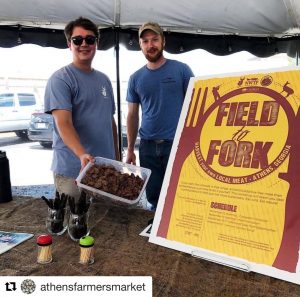
As the core hunting population ages, we recognize that recruiting new hunters becomes an imperative if we are to maintain our hunting traditions and skills. Hunting, unlike learning to walk, is simply not a given capability. It is learned and honed through mentorship and fellowship. Check out programs such as Field-to-Fork and Learn to Hunt for Food. Volunteer your time or convince a friend to participate in a guided or organized hunt. Either way, remind them that the only truly organic, sustainable meat is the wild animal roaming just outside their back door.
Are you a “locavore” hunter who hunts because of concern about food supply? Tell us your story!

